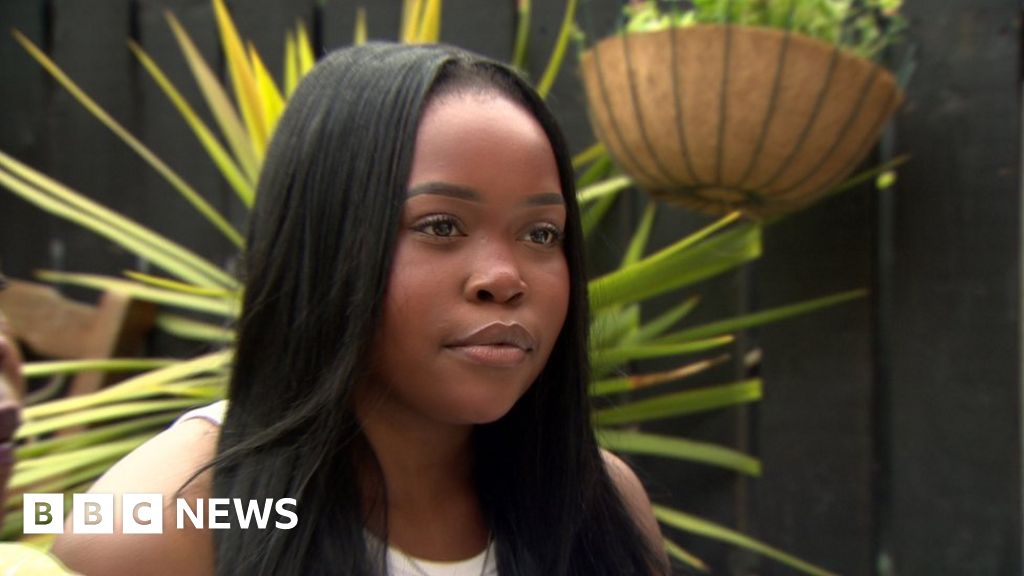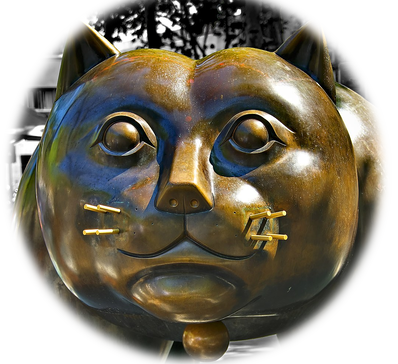I think this conversation should be more nuanced than comparing it in general to all challenges of books for content of any kind. This particular kind of content in this particular context needs some consideration.
Imagine you are a member of a minority group living in a culture in which people like you were enslaved and murdered by people like most of the others in the classroom (not in reality, but because of a social construct invented by people like most people in the class to serve people like most people in the class). There is one word in particular whose utterance immediately calls this traumatic history into focus like nothing else. You are assigned a book to read in which characters who do not care in the slightest about this history of terror use it regulalry because it was overwhelmingly common during the time it was written not to consider people like you fully human. No one else in the class now cares at all other than the few other students like you, who know they will be harassed if they express being uncomfortable with liberal reminders of an awful past which many still overlook or dismiss. Some of the other students appear to prefer this period of time when things were less “woke.”
If you were in that situation, would you want to read that book and participate in discussions about it? I’m not even asking whether you would want to ban it, but wouldn’t you consider options other than to ignore the issue altogether?
Yeah, and in light of all the tribal violence around the world, we should stop covering Romeo and Juliet. We should just leave it at studying the subtext nuances of Dr. Suess. Oh wait. He has a troubling background too. We better stop teaching math as well. A lot of pushback on that subject and it makes people feel badly about themselves. Can’t have an education that makes you uncomfortable. god forbid.
Right? Like we need to really start realizing that being uncomfortable can actually be a positive thing. Allows us to push past our norm and open our minds to different perspectives. We might not always like it. We might not always understand it. But we learn something, whether it be about ourselves or others.
deleted by creator
I don’t think labeling an argument you disagree with as one of the canonical logical fallacies is helpful. A lot of history is very uncomfortable. Literature of those times obviously has those same aspects which can make historical eras sometimes uncomfortable for people not accustomed to facing these facts. I do not thinking firmly placing your head in the sand when encountering disturbing or uncomfortable ideas is a healthy way to progress, and is most definitely not a way to approach an AP class. I guess we could just pretend that bad shit never existed, so that we can be sure to repeat those experiences.
deleted by creator
It comes down to teacher preparation and skills. Way back in the day I remember covering Huckleberry Finn. The slurs were not just kind of skipped over or minimized. It brought up several great discussions about historical wrongs, about the problem with judging people outside of the world they live in, changes that have happened since, and how much we still need to learn. I have no doubt that a less skilled educator could do far worse, not addressing the elephant in the room which could make the situation uncomfortable and even hurtful to certain students. In that I agree with you. I just don’t find that a legitimate reason to just ban certain books. It seems like so much bad that has happened with education has been spurred by outside forces deciding what they think education should be.
It is so similar to people who truly believe that they could successfully run a restaurant, based on the fact that they have eaten at many restaurants over the years. Pay teachers better, ensure only experienced and involved teachers teach classes where a softer, more nuanced approach is needed, etc.
I just really have a knee jerk reaction when people want to ban stuff for reasons based on feelings.
I remember Michael Gove wanted to remove Steinbeck from the curriculum several years ago as he felt it should have more focus on British authors and not American ones.
Hopefully, this challenge also goes nowhere and it stays on the curriculum, although I’d argue The Grapes of Wrath would be a better choice.







